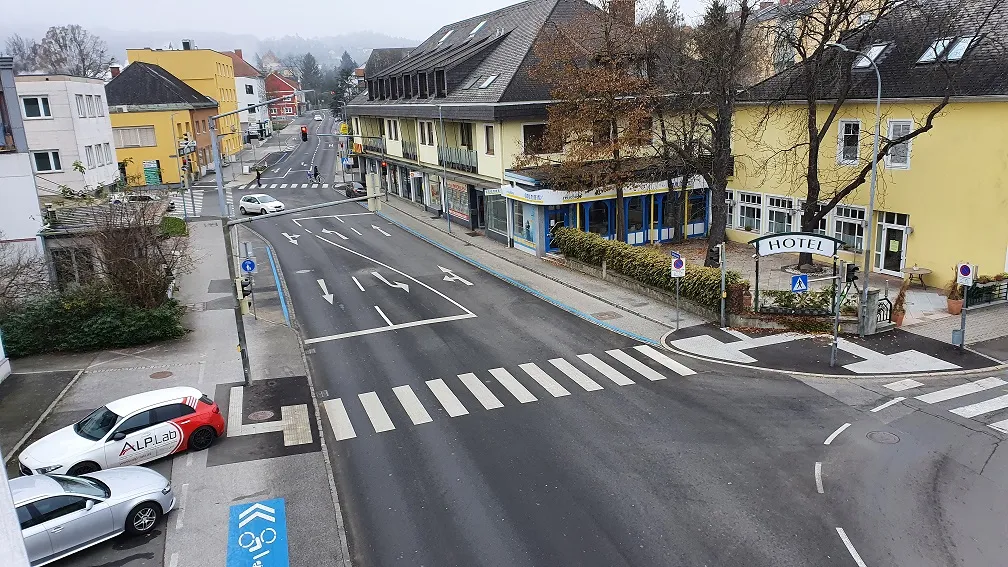The company says the solution will also aid the development of road-level navigation, advanced driver assistance systems and autonomous driving solutions.
Qualcomm's senior director of product marketing Lars Boeryd says: “We are working with Trimble to host the RTX precise positioning software library on our Snapdragon Automotive 4G and 5G platforms to offer a robust end-to-end highly accurate position solution."
Trimble’s RTX technology is expected to provide real-time GNSS corrections and positioning capable of achieving 2cm horizontal accuracy. The combined solution will provide positioning in a broadcast format.
The Snapdragon 4G and 5G automotive platforms support global and regional GNSS satellite constellations such as GPS and QZSS (Quasi-Zenith Satellite System), operating concurrently on the L1, L2, and L5 frequency bands, including a precise positioning framework.
This framework ensures consistency in access and use of positioning information and incorporates the use of GNSS corrections technology, the company adds.
Trimble is hoping to launch an RTX-enabled Snapdragon evaluation kit by early 2020 for automotive OEMs and Tier 1 suppliers.
Trimble and Qualcomm to improve positioning for connected cars
Trimble has joined forces with Qualcomm Technologies to deliver a solution for maintaining absolute in-lane positioning in connected vehicles.
November 4, 2019
Read time: 1 min









